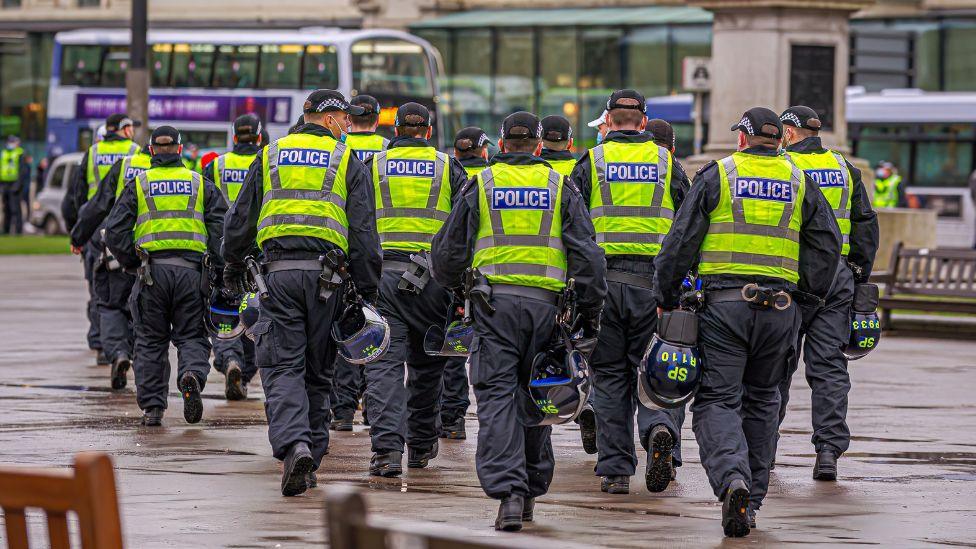Police Scotland officers fear being targeted for calling out sexism
- Published
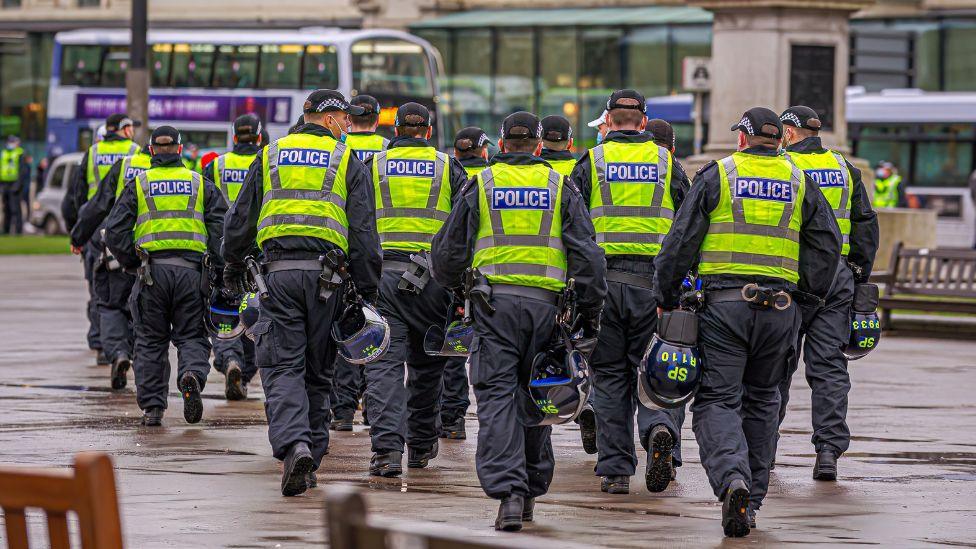
Police Scotland officers who raise concerns about sexism and misogyny feel they have a "target on their back", a new report has found.
It also highlights previously expressed fears that a "boys' club culture" exists in parts of the national force.
The findings will be discussed by the Scottish Police Authority later.
It comes days after Chief Constable Sir Iain Livingstone said the force was institutionally racist and discriminatory.
A separate review uncovered first-hand accounts of racism, sexism and homophobia by serving officers.
The report features general examples of negative staff experiences, including being disregarded in meetings and insubordination.
Respondents told how they were subjected to bullying and intimidation for reporting concerns - which included being labelled a "grass" - as well as inappropriate behaviour.
A "boys' club culture" was also identified in parts of the force and it was noted "the real team meetings take place on the golf course".
The 32-page report continued: "Often colleagues disguise or label sexist behaviour as 'banter' and if someone challenges this or calls it out, they are labelled as not being able to take a joke and isolated from the team."
Concerns were also highlighted around working arrangements, including lack of support for flexible working plans, maternity and paternity leave.
Others reported being discouraged or overlooked for promotion.
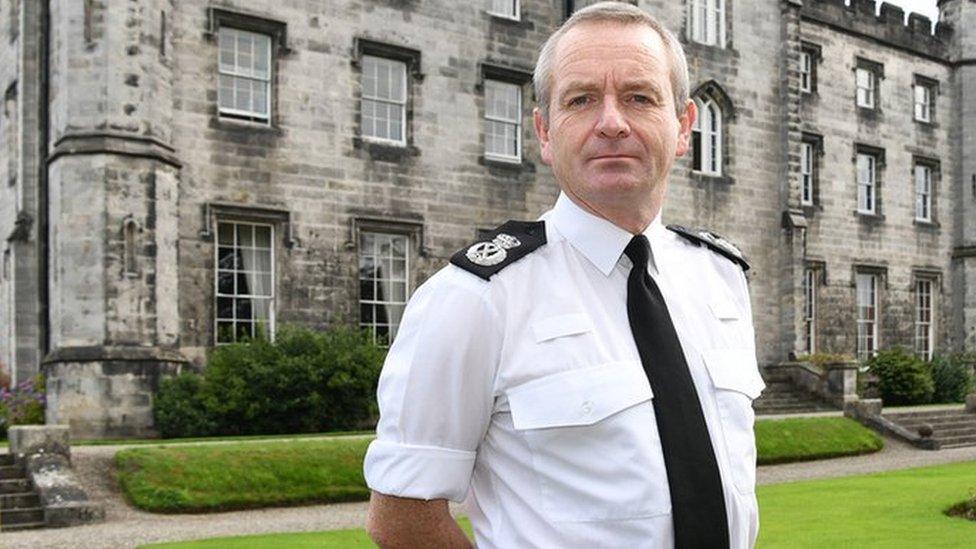
Sir Iain Livingstone is to retire as chief constable in the summer
In relation to challenging unlawful behaviours, the report said: "The overall consensus is that support within the organisation is limited and negative consequences are common for those who make these complaints".
Those who raised issues and grievances said it was the equivalent of "having a target on your back".
Complainers recalled being labelled a "trouble maker" and "red marked" during their career.
Some also experienced "victim blaming" and feelings of isolation.
The report adds: "Colleagues shared that experiencing these, or witnessing it happen to others, discourages them from raising issue, and therefore challenging behaviour, again in the future, as they do not see it to be worth the negative impact."
The report was compiled for the SPA's people committee and provides an update on the progress made by a working group looking at sex equality and misogyny.
It was formed in late 2021 and its latest publication sets out what has been learned following "extensive colleague engagement".
The report also includes the findings of an anonymous survey which was made available to all staff and gathered 528 responses between 16 August to 11 October last year.
It found:
81% agreed sexism and misogyny is an issue
86% of female colleagues have either been subjected to or witnessed sexism and misogyny
More than 40% of male colleagues have witnessed sexism and misogyny
About 50% agree the organisation is tackling it.
As a result of the survey, more than 150 employees signed up to take part in focus groups and one-to-one interviews to further inform the work.
A paper published alongside the report notes sexism and misogyny has "generally improved over the years" and stresses the force is "learning from past mistakes and putting effort into change".
Its recommendations include providing "safe spaces" for reporting, and considering an informal mediation process to resolve issues, as opposed to raising a formal grievance.
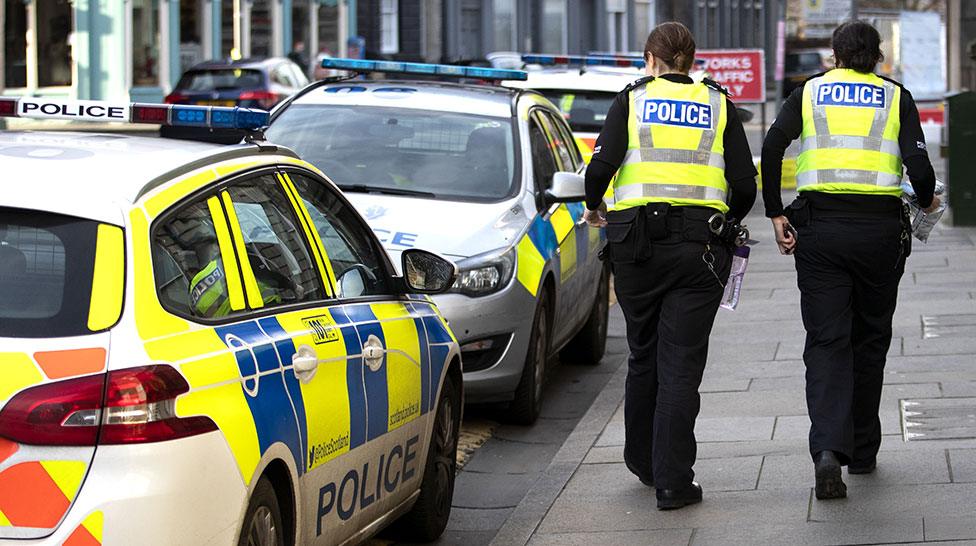
Police Scotland is the UK's second largest police force after the Met
The report is the latest in a series which have highlighted concerns about the culture in Police Scotland.
Former firearms officer Rhona Malone won almost £1m in compensation after an employment tribunal found she was victimised when she raised concerns about sexism.
She was among four women who told the BBC's Newsnight about a "boys' club culture" at all levels of the force.
And an independent review of culture found that officers were "punished" for raising concerns.
Last week it resulted in Sir Iain Livingstone stating that his force was institutionally racist and discriminatory.
Officers were said to be "deeply offended" by his comments but he insisted he was referring to the institution, rather than individual officers.
Last year Police Scotland launched a four-year strategy called "Policing Together", external to tackle discrimination in the force and in the community, with a mandatory leadership programme to be rolled out to about 5,000 officers and staff to improve the existing workplace culture.
Related topics
- Published26 May 2023
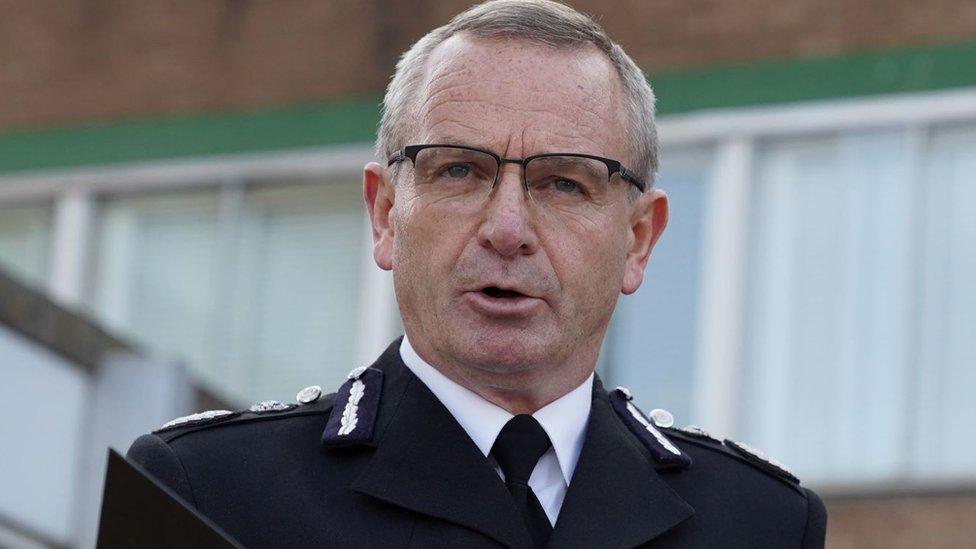
- Published25 May 2023

- Published23 May 2023
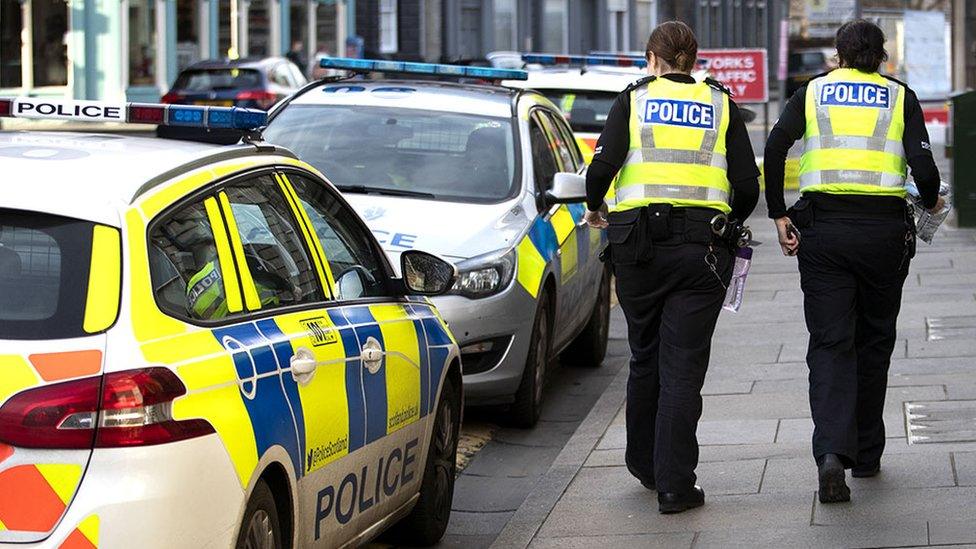
- Published4 May 2023
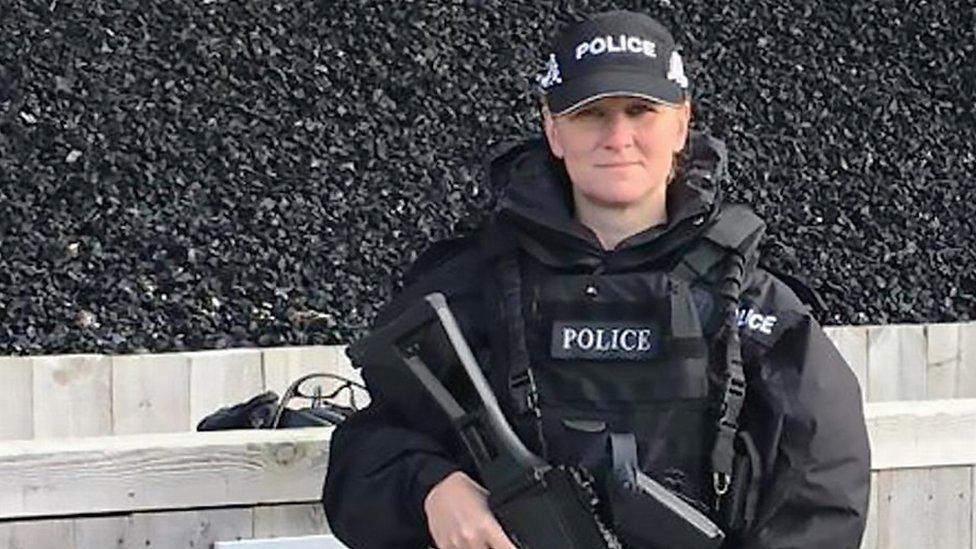
- Published20 January 2023
